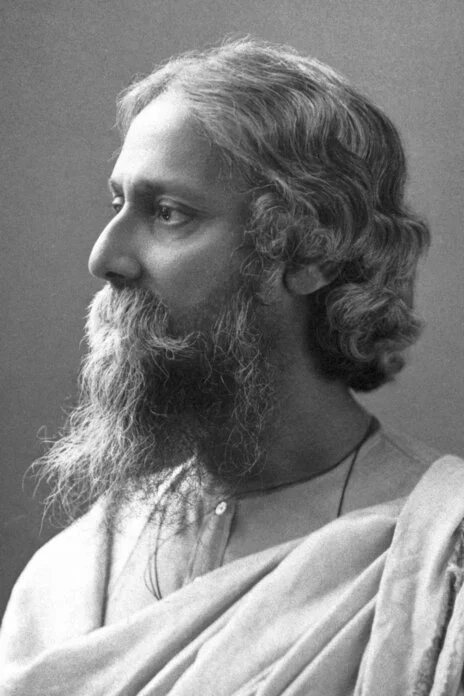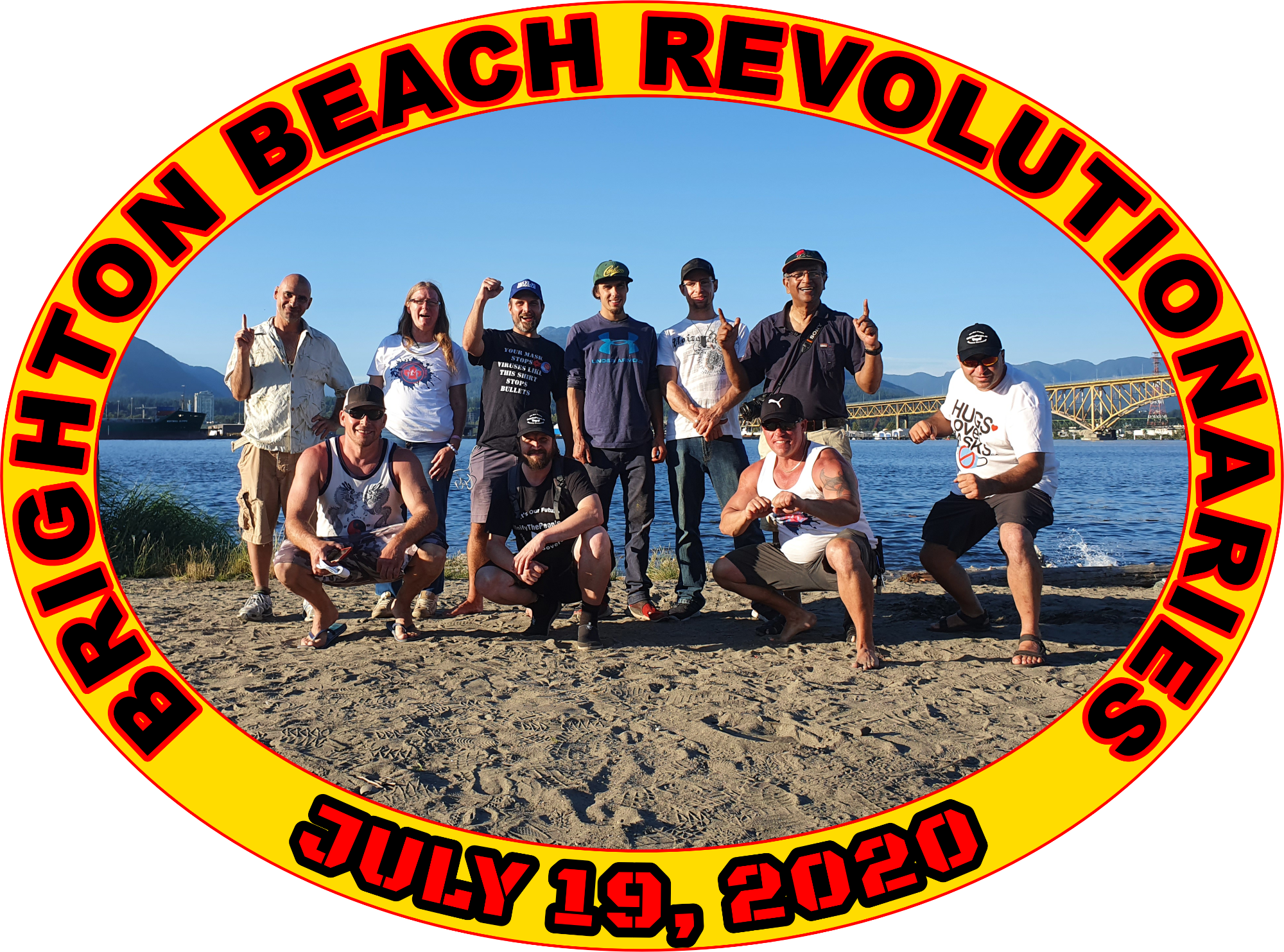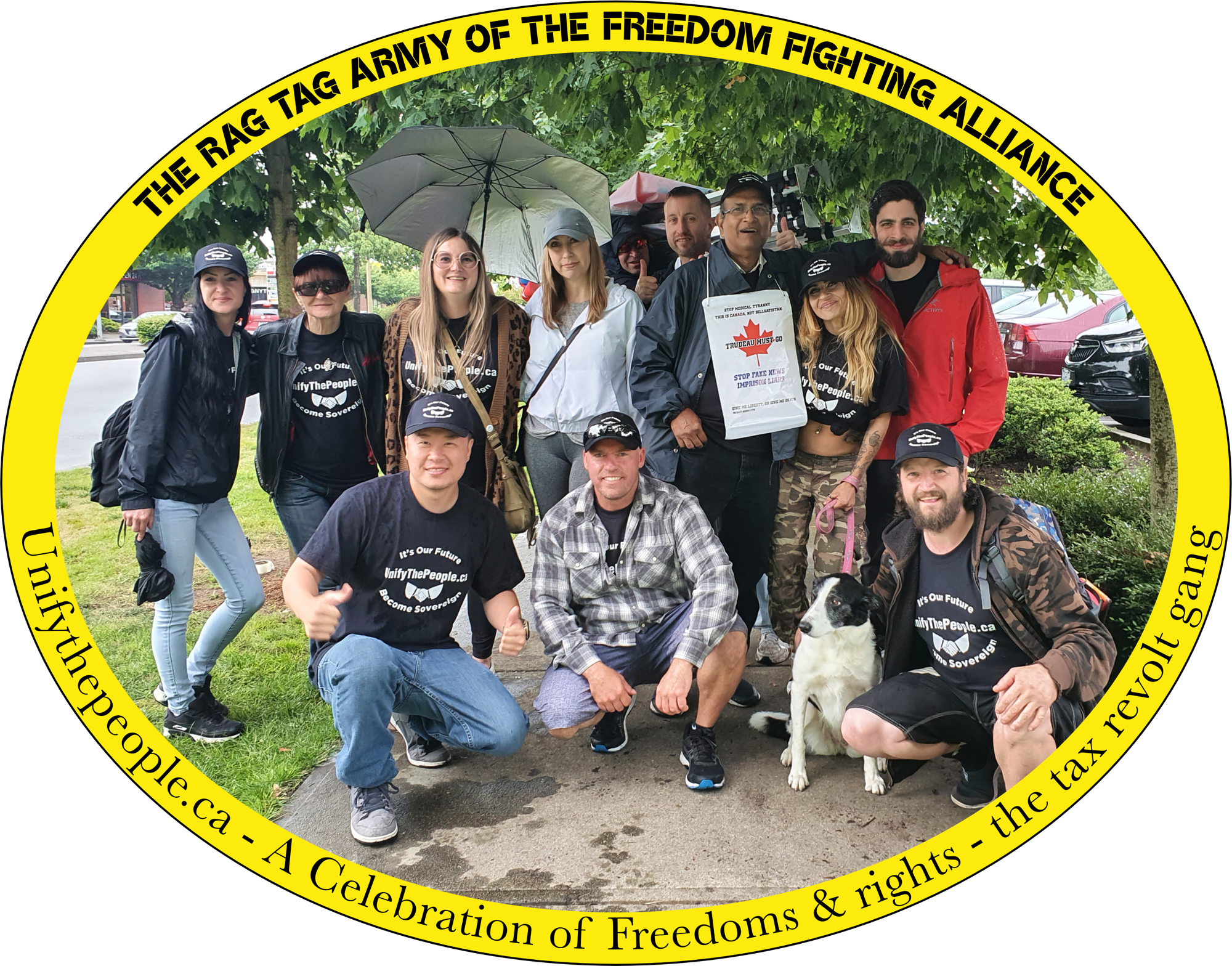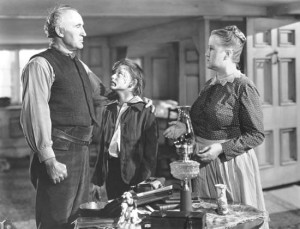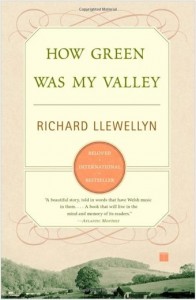This is a carry over from my previous post, on connecting dots.
They say, writers get writer’s block, where they go into a phase when they cannot seem to write even a sentence. Well, I am not a professional writer, thankfully. But I often get into the opposite of a writers block. Too many different ideas, opinions and views crowd into me when I start writig. They jostle with eath other for my attention. One wants me to move this way, and write up about this issue. Another tugs me the oppsite way, reminding me not to ignore something else. I am being pulled in many directions to write about many different things that, together, helps connect the dots. Was I always like this? I know I was always full of questions and used to drive everybody nuts. Anyhow, now that I am busy connecting the dots, too many views crowd into my head and I try the filter through them to chose what I would write first and what next. In the process I end up explaining myself and my life as part of the story. Perhaps my life can help explain why I think the way I do. And by my life, I mean both the place and time that influenced my growing years, and the genes that I share with my parents and my siblings. Both my siblings – my younger brother and my elder sister, are no more. I am all alone on earth right now.
But the urge to write continues … since this is such a complex world today, with so many dots moving in so many directions in so many different speeds in three dimension. My writers anti-block keeps pulling me differnt ways. Some of them pulls me to analyse how I grew up to be influenced by how many different things in how many ways, to have a mind set that makes me want to connect the current dots and to make sense. I never before had this feeling that the world is moving ever faster towards a combination of multiple kinds of doom.
Am I going nuts as a sign of senility creeping up or is this rational thinking that the world as we know it is going to vanish suddenly and that 21st century doomsday is nearly upon us, hanging like the sword of Damocles?
I know the world medical ssytem has been working for multiple generatiosn now, slowly, to begin a system to make kankind sick for their entire lives, so everyone is a lifelong customer for the medical idustry. I know the new age moden agriculture is likewise trying to make agriculture dependent on acrocorporation products that makes our food sick, so we are permanently dependent on these industriess in order to eat. So our food and our health, has already been captured. What else is left. Well, there is about wealth. And finally, there is the planet, with everything on it.
Am I delusional or am I being rational? I have the data to claim most of my suspicions.
But let us first go back to how I grew up, as one of the factors that influence my dot-plotting.
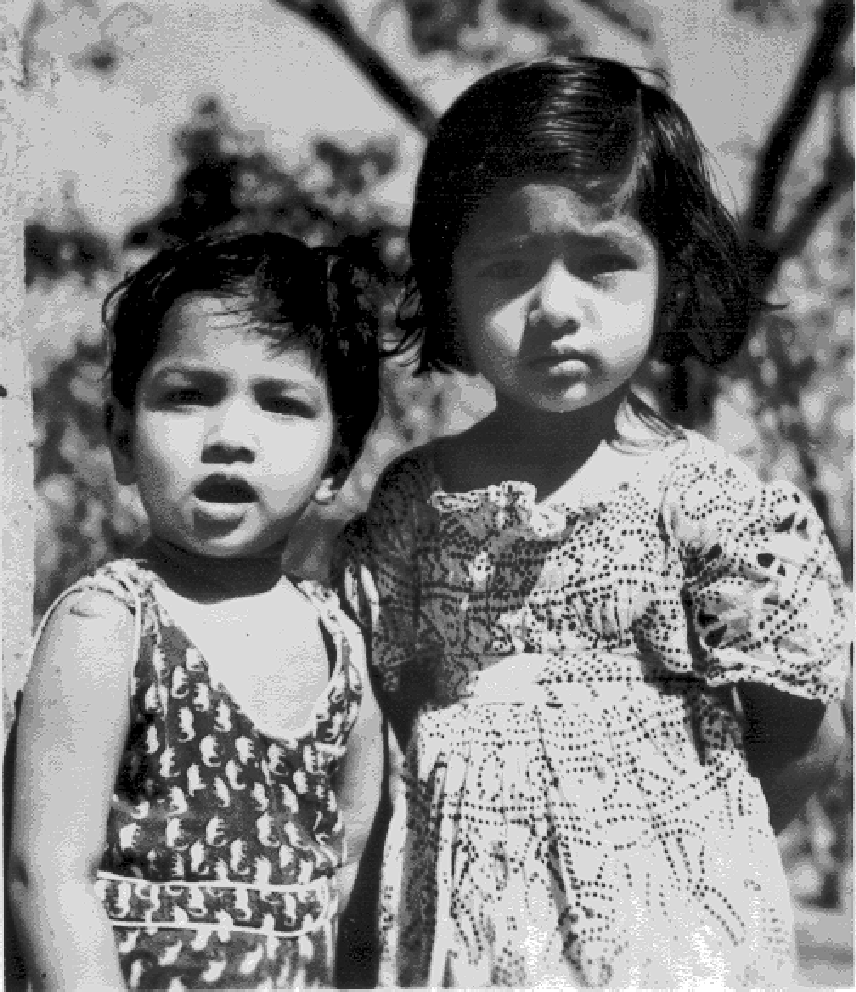
Back to Facebook.
Odd as it may sound, I am now looking back at my life and same time being pulled towards toying with the idea of comparing our 22nd century mega social giants, such as Facebook and Google, as Black holes in our society and our subconscious. They are physically invisible, and yet, they are like an invisible parallel world that have gotten inside our psyche, and playing with our brains to shape the way we think. They are way more powerful than any drug or pill or jab invented by Big Pharma and they are eating our humanity from inside out.
It is a supergiant thingamajig that you can never see nor photograph nor visit, but is so huge that it literally bends, curves and convolutes the space around it and in a way defines our universe. Whether we can identify it, or not, is the thing. Today, I have come to the cross road where I wonder how my life’s journey took me from village India, to Facebook and how I now toy with the idea of comparing it with a Black Hole. But, how are we influenced by our movement through flow of the stream that we call life on earth?
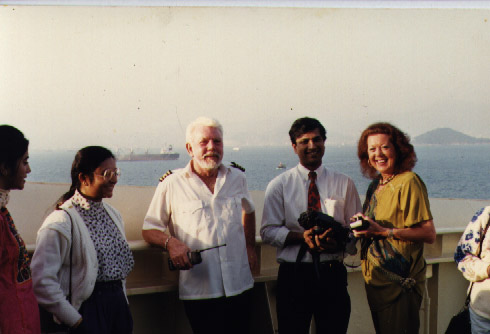
From those days and even earlier, from books we read, village drama we see at night on stage, or the chanting of religious or seasonal festivals – we have always been influeced by what we see and hear, to form out public opinion.
Public perception of life was being controlled by private enterprise for a while. Two generations ago, people use to say about Hollywood – There is no business like show business.
I remember the the details of first movie that I saw, in Kolkata, India, with my mother. It was a bengali movie, the title would translate as “Song of the road”. It was from 1955. It got a whole slew of national and international rewards and literally launched Indian cinema on the world stage, winning award after award across the planet, except in Hollywood. But decades later, its director, Satyajit Ray, in his last days on his death bed, earned a long distance lifetime achievement award by American motion picture award ceremony in Hollywood. The picture was a tale of the views around his world from the eyes of a very young kid, barely five or six year old, living in a very small village in an abjedtly poor (in comparison with the rest of the world) rural family. The family was leaving their ancestral village since they lost their mudhouse home. All their belongings were packed, occupying half of a single small bullock cart. The other half was the sleeping quarter for the father, mother and the boy. They finally came along a railway track. The boy had never seen a rail line or a train. He vividly recalls his dead elder sister, who had once asked if someone could please take her to see a train.
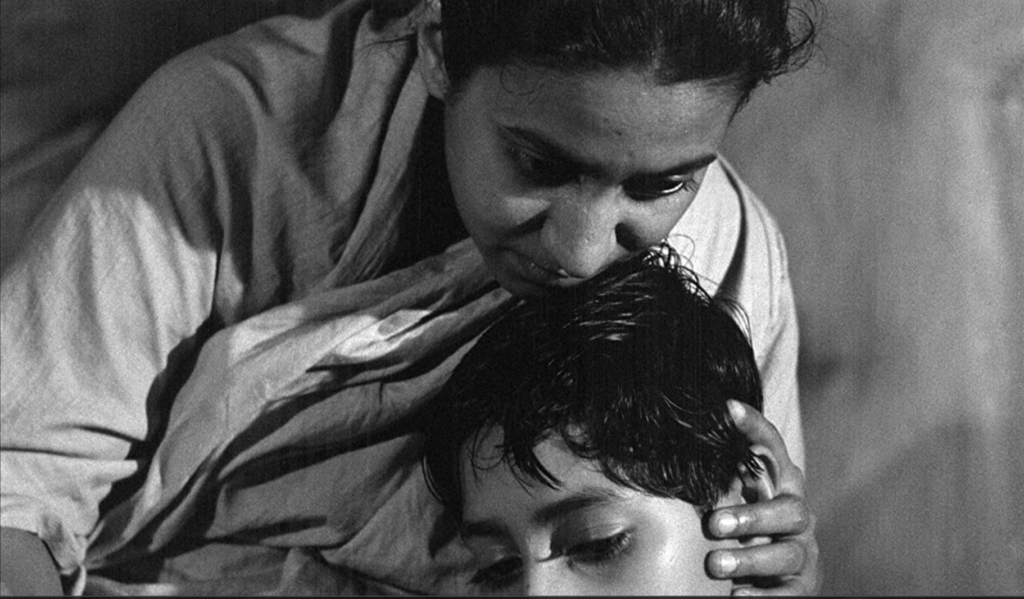
Even today, as I remember how my mother held my hand and took me to the cinema hall, and how I gawked at the giant screen as the movie played out. I was myself perhaps six years old. I am now going to be 73 in a few months. Even today, the memory of it raises the hairs in my arms, the experience was so vivid and touching.
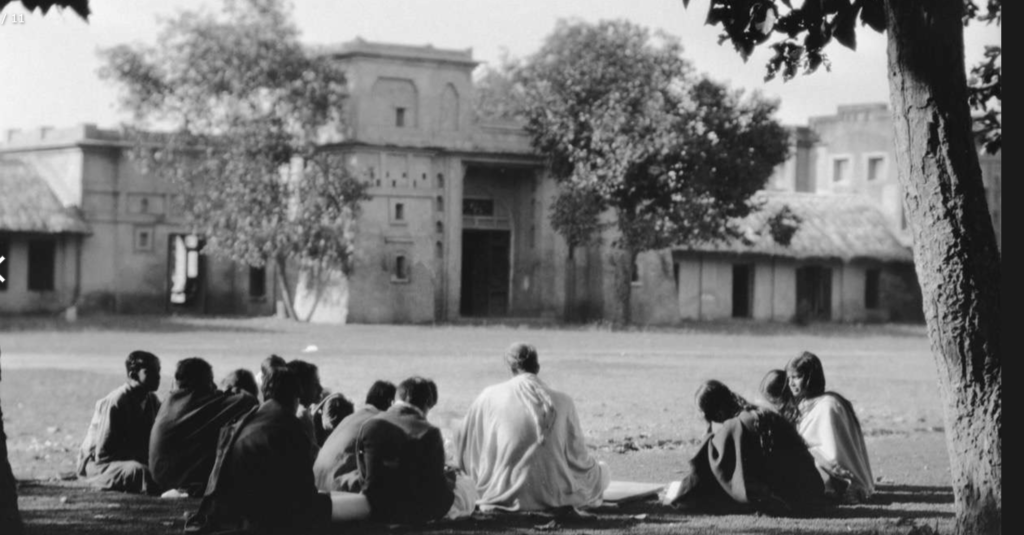
Thus, my own world view has emerged and evolved with events throughout my life. The fact that I went through my school years withuot footwear, fact there I lived in a place where there were no junk on the street, when plastic was not invented and everything was naturally biodegradable, that my feet had little other than dust when I ame home, fact that we all had to wash our feet before entering – every bit of it influenced my world view as I grew up. I understand my views were markedly different from boys that grew up in cities in India. One could not and did not live the way I did. Nobody completes schools in cities without footwear. Even homelss street beggars have footwear.
But I was not quite poor, per say. Our expenses where way lower. The family income was way lower than in cities. We had no ceiling fan inside home. IN the heat of the summer when sleeping inside was a torture, we slept out in the open in our frant lawn. If it suddenly started raining at night, and Indian monsoon can be torrential, we woudl wake up, take our mattress, pillows and mosquitto net and run indoors. That was all very normal. Your life was in sync with nature. ANd I never got cold, or malaria, or any illness because of living close to nature.
This is how my life’s journey took me from Village India, to Facebook
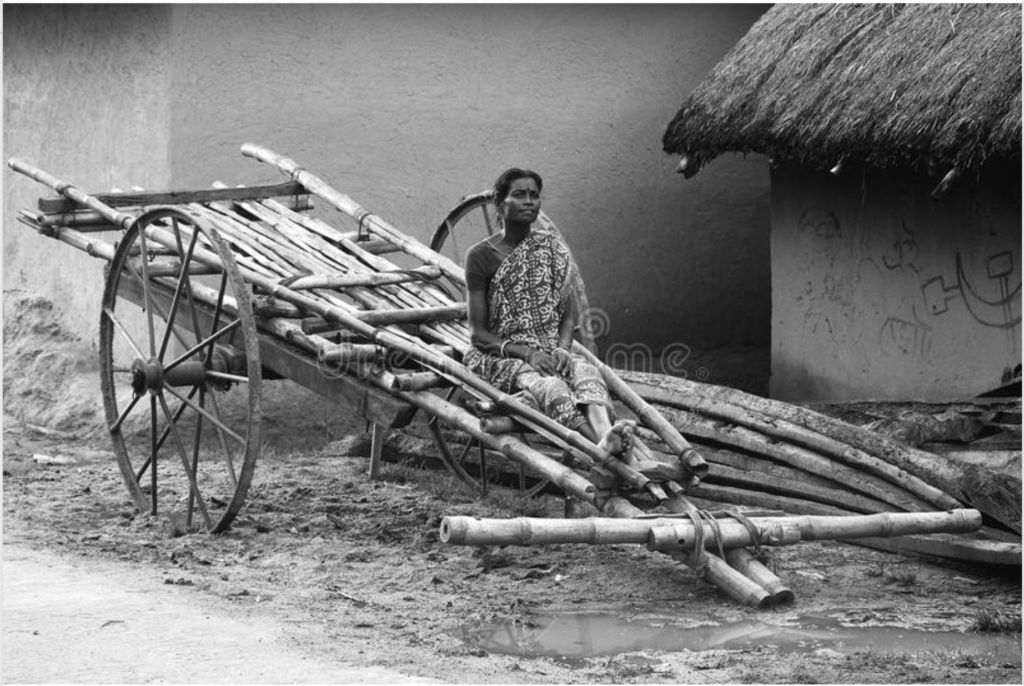
That picture describes my neighbourhood surrrounding our small University townlet of Santiniketan in Bengal, India. Homes where mud walled. Roofs were of straw. Transport was on bullock cartsm made of bamboo, Wheels were at first wooden. But steel rims around fooden wheels made inside the village was entering the fray. And then wholly steel wheels, without tire, was the next step of self sustainability, where the money stayed in the village and did not go to city corporations and factories far away. Sustainability was not just a catch phrase. It was real and omnipresent. That was part of the essence of my childhood. But all that was already changing and at a breakneck speed. I did not realise it then, but my world was being put upside down, little by little, till it comes into multiple crisis at the same time.
I did not know it then, but the agents of such change, the horses of apocalypse, were both the rich and the poor, the left and the right, the corporations and the politicial parties. I did not know it till I was well into my senior years. I thought I knew much of the world when I was a teen and a post teen. But I can now say – I knew only the surface ripples of a very vast and deep system.
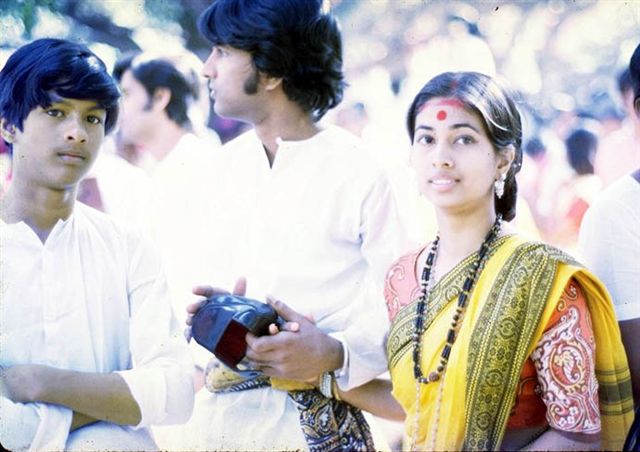
Fast forward a tumultuous phase of decade after decade of growing up, studying and epansion of our horizon, for good and bad, till I ended up living in Hong Kong just before the turn of the millennia and internet came to the world. Hong Kong was very advanced compared in the early and mid 1990s, to most western regions, and dial up internet came to my home, when Apple computers, Macintoshes, were ahead of the Microsoft PCs to embrace internet and recognise it as what it was soon going to be. Bill Gates caught on soon enough and made a total about turn, covertig the entire PC industry into an internet promoting enterprise.
Soon I was to leave Hong Kong, as the free wheeling and near tax free British Colony was going to be handed over to Communist China and there was fear that the place was going to change and non-chinese people might be kicked out. A huge exodus started out of Hong Kong. Industries, banks and people started moving out. Head hunters from around the world set up offices and channels to catch entrepreneurs, skilled people and industries, to help them resettle in various parts of the west. Kiosks, fairs and shows started coming up in Parks on weekends in Hong Kong, from various such sources. Even the Governments of Canada and USA were organising picnics, shows and taking up Booths in cultural fairs, to attract potential immigrants. It was quite a show. I had not decided to leave initially, but eventually I too got swept in the tide, when a ship owning firm in Miami, Florida, gave me a call and offered me a 7 days free of charge vacation to Miami, if I agree to an interview by the CEO, for a potential job as an executive. No kidding.
And my life changed. However, I was alreay well into the internet, thanks to Hong Kong. I even managed to change my own web page and sight, with a new account from a service provider in Miami, paying for it with my newly acquired credit card linked to a Hong Kong bank, and shifted my web home page there, with a hotlink to my existing Hong Kong based web page. It was all very exciting those days and I was pleased that I could do all that with relative ease, while most of my friends still did not much know what the heck internet was.
Fast forward a few decades and I was then in Canada and first got interest in a host of new social media platforms cropping up everywhere. Facebook was one of them. There were many others and the competition was fierce. Internet connection was by then moved on from telephone dial in, to broadband, in the US where I lived for some years, to Canada, where I migrated to. I have forgotten some of the other platforms, but eventually estabished myself on Facebook, primarily as it was here that I could communicate with the townspeople from my birth place – Santiniketan, West Bengal, India. There it was still dial up, but local system providers where getting busy hooking people up with dial up modems etc. I think broadband lines were still into the future. Those were the heady days.
Today, I have almost nobody in my home town that communicate with me. Many have passed away. Others have drifted away. Some have separated frm me on ideological differences.
You see, internet has been, same time, a great uniter and a great divider. WHen you do not get to hear or read too much from your friends, do you not know too much of his or her world views and ideological bend. So friendship remains stable, though superficial. As internet broadens the communication channels and people spend more time expressing themselves, sometimes fissures come up. For me, life has been a great educator, and I have always had an open and questioning mind, not anchored on any ideology. Nothing was ever written in stone for me. Not religion, not phylosophy, not political affiliation – not nothing. Everything was worth exploring, worth admiring for its good points and criticising for what I considered its bad points. I was perhaps more influenced by my genes, my parents and the only person who greatly influenced my world view – Tagore.
So, I was once a socialist, then a progressive, a liberal, a secularist, then an ism-less humanist, then promoter of small entrepreneurs (I even started a trading company myself in Hong Kong, before realising I was not a businessman at heart, and closed it down after a few years, but not before I had made a few thousand bucks, involved in breaking of ships in western India, through links in Hong Kong, and paid in US dollars). But most of my birth place friends were anchored in stone. Eventually we fell apart.
Things have now come to a head and I have started detesting some of my friends. A young classmate from my school days, who ended up being a professon in a famous Univerity in Delhi, even psoted to me on Facebook that – I was endangerign mankind by refusing to wear a mask and hugging people everywhere and mising with them. I was such a threat to mankind that he was going to report me to the Canadian police, so I would spend my remaining days in jail, and save mankind in the process. No, he was not a mad man. He was a profession in a shiny famous University in the Capital city of India. So much for professors. Suffice it to say, I had by then learned how to block people.
So, my link with the leftist, or left leaning crowd of my own past, drifted apart from me. I myself, through life experiences had leared that some people were too block headed for my taste and childhood friendship was not enough to stay in touch if I was not allowed to speak my mind of items that I thought were ruining the planet, and that neither the left wing, nor the right wing, were honest or path finders.
Eventually, rather late in life, I began to understand how social media like Facebook, Google search and other stuff, where actively engaged in altering public opinion of the entire planet, and have more power to control people, than national governments, and how they were seriously trifling with free flow of information and exploration of the mind.
I have also been aware how some of these corporations have acquired unebelievable power over the people, though mind control, or through stifling opposition, and by having enough money to buy up governments, of not just small countries. There is now a famous joke in America – USA is the best governemnt in the world that money can buy.
And so I engaged in a multiple year effort to get away from, and wean people I like, away from the clutches of Facebook. I have mostly failed in my effort. But that is okay with me. It is not so much the result, but the effort, that makes life worth living, for me. Besides I have largely been a lone ranger in my activism that stretches decades well into my teen years in India. I have rarely ben happy joining any big group, for all sorts of reasons. Mostly I found these group leaders, including political leaders, lacking in ethics and for being in it more for themselves, than for any root social issue.
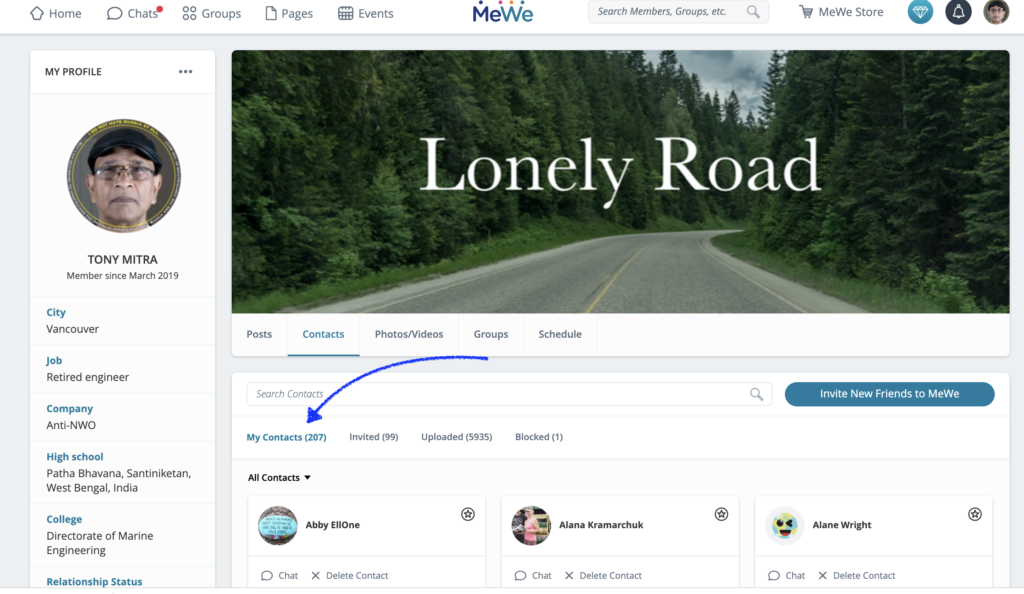
MeWe was another example of my failed efforts. It looks and behaves similar to facebook. In my judgment, opening a second house on MeWe should be least painful for Facebookians. I tried my best to enourage people to move there. Why? Because Facebook seriously and viciously restricts free speech when it comes to certain burnig topics of the world today, and MeWe does not. That alone should be enough for people that are aware of it and are actually engaged day and night criticising Facebook and Zuckerberg, to move there. But I failed in my effort. I now know more about the Artificial Intelligence tools that Zucherberg uses to keep people hooked and unable to leave FB. I admire Zuckerberg for his smartness and detest him for his efforts to guide and shape global public opinion.
But, Zuckerberg is not the guy I have to live with. I am that guy I have to live with. So, my effort on MeWe, as well as others, continue. I have succssfully boycotted Youtube without cancelling my unpaid membership. I have largely transported by recent stuff out of Facebook and on to other channels and platforms. MeWe is one of them. And here is what I have to show for it.
I have only a few hundred friends, who almost never respond or comment on any of my posts, and never generate any conversation that can amount to a conversation.
Do I get that in Facebook ? Not quite. If you have 5,000 friends, over 10,000 followers and another thousand wanting to be my friends – thats a total of 16,000 or so. And then I get less than one meaningful conversation a day on life altering events going on around the world. Sure, lots of folks are busy making small protests nearby on some of these issues. But I can see that virtual protets on the same Facebook that is cleverly engaged in controlling public opinion and acting as a super controlled-Opposition promoter.
But facebook too has been an useful tool for me in my last years. it is a reasonable rough diary, to hone my writing skills. this helps my brain to remain active. Brain is after all the largest and most fuel consuming organ of the body. exercising the brain as as strenuous as running several rounds around my block, but for keeoing differnt parts of my body healthy.
I have always been reasonably healthy. I do not take any jab – not in last 65 years. I never get an infection. My medical bill has been zero for the lat forty or more years. And, thankfully, my brain is still active and my fingers are still nimble enough for me to be baning keyboards to try my writing skills.
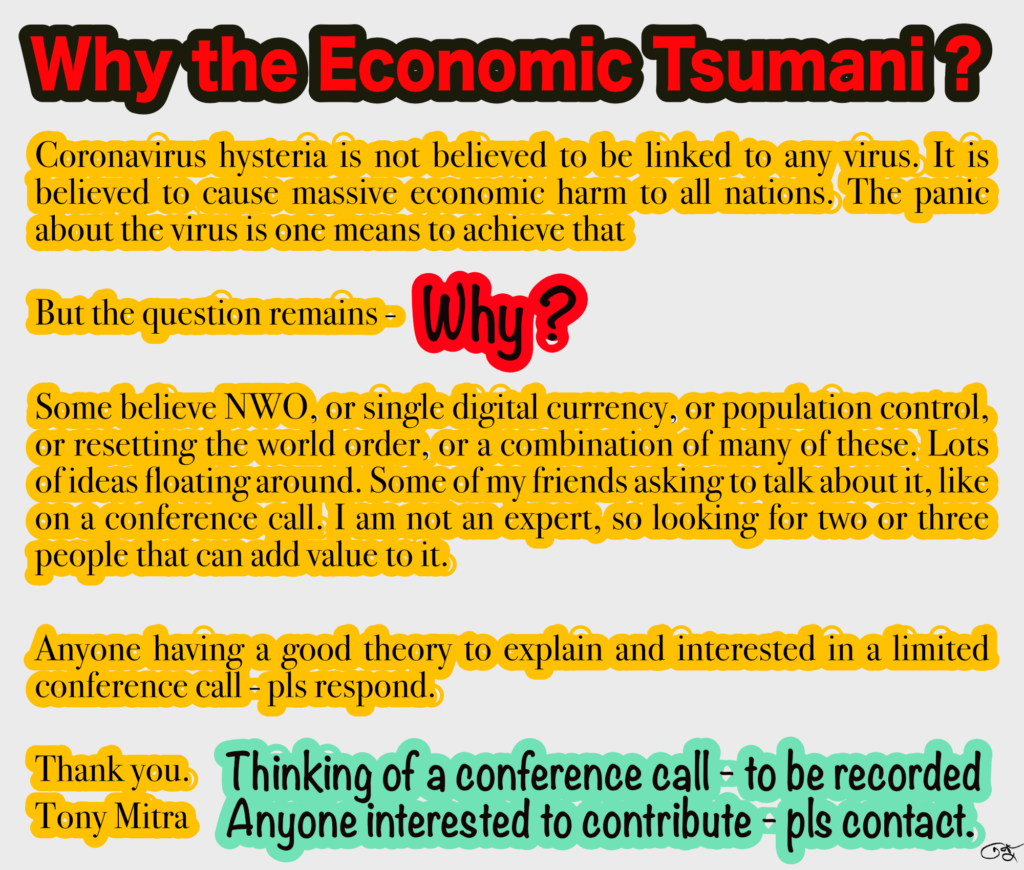
So, MeWe and the rest are not necessarily examples of my failure. I have often, and repeatedly, failed in my efforts to engage socially about issues that matter to us socially. But for me, these failed activities were still memorable. These are proofs of an active mind that does not like to give up easily. And I have found a good use for Facebook – a rough diary.
Here is how similar my home page on MeWe looks like my FB page. I think I need to change my profile picture. I instinctively dislike hiding myself behind phony nakes or pictures while socialising. And I like the idea of wrapping text around my picture to express my opinion. I was born opinionated.

